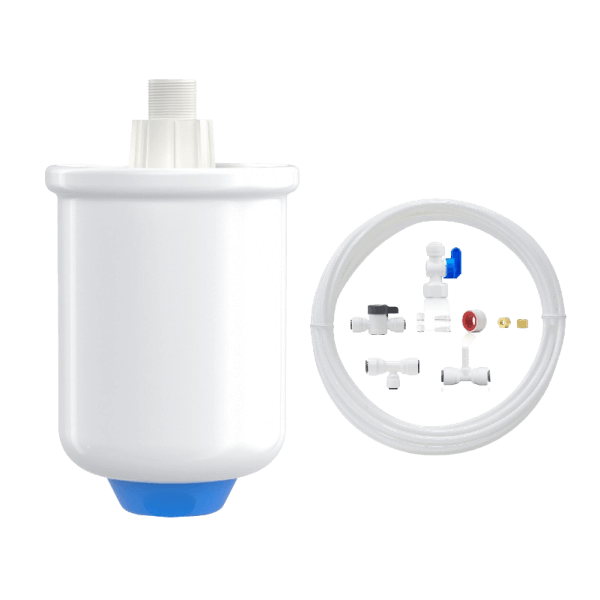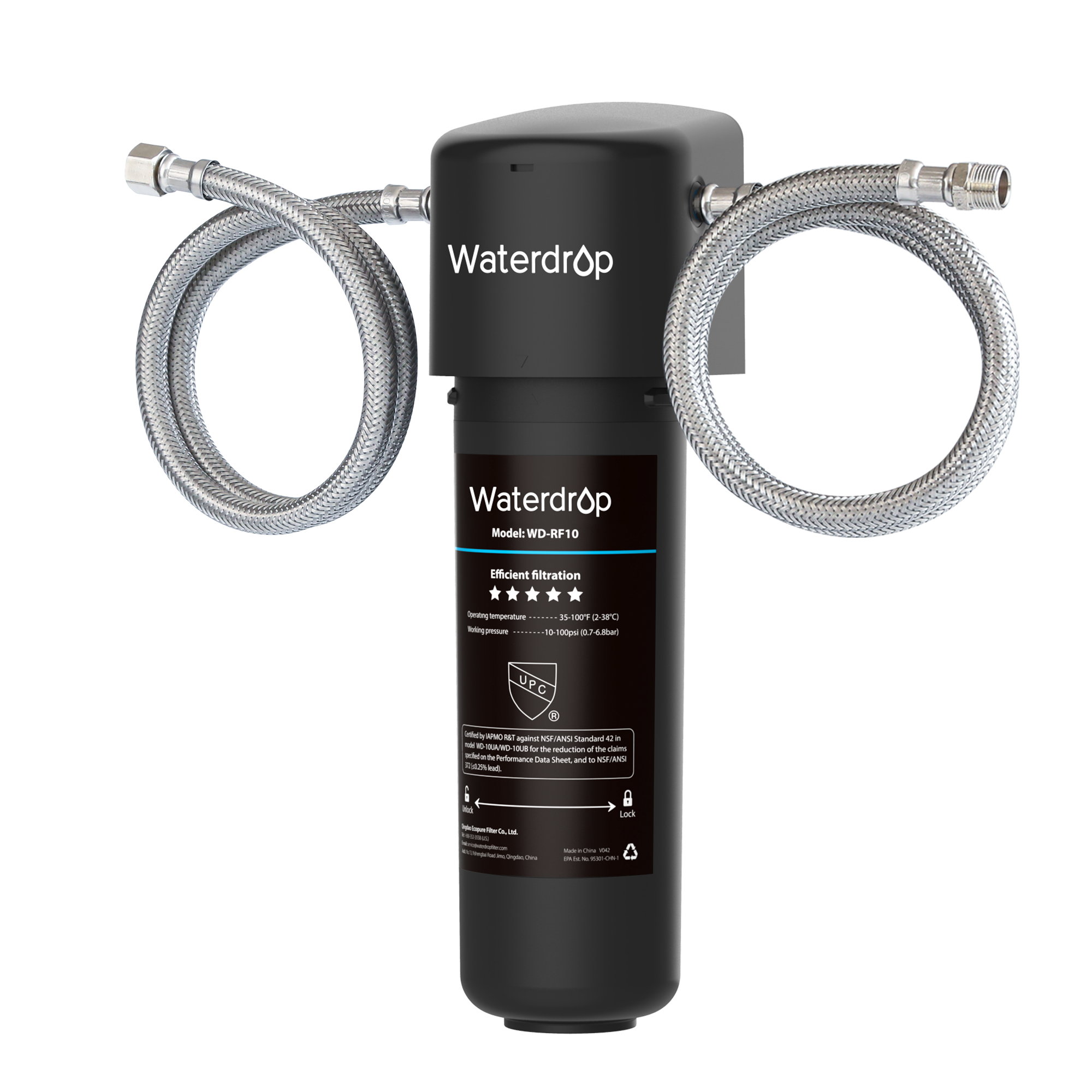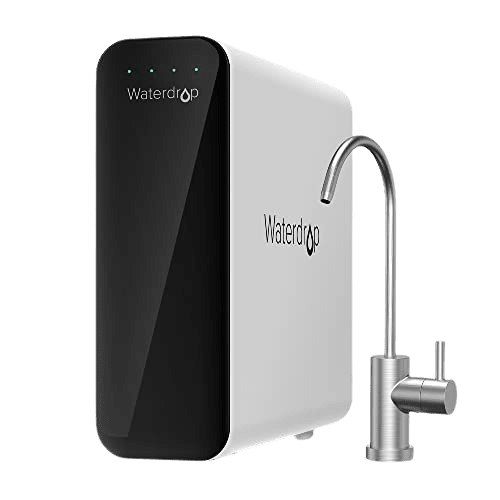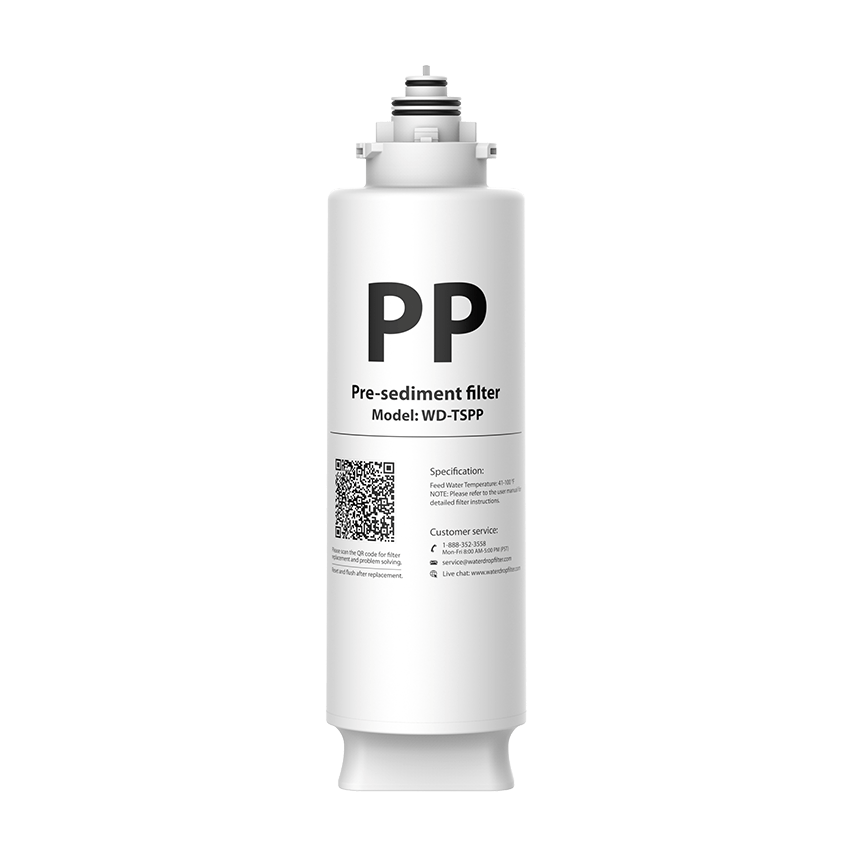Stay Hydrated With Temperatures Hitting High Record
by Dr. Jonathan Doyle - Updated July 21, 2021
There are more heat waves now than ever. As a result, more areas are becoming prone
to the threat of high temperatures. For instance, southwestern California is currently recording alarmingly high
temperatures every day. The areas most affected include Antelope Valley, Santa Clarita Valley, and Los Angeles
County.
The International Meteorological Service projects that Antelope Valley is on the
verge of “very dangerous high temperature” over the coming weekend – as high as 113°F
or 45°C. That would be the highest temperature level ever recorded for this time of the year in Southern
California.
Why Is Hydration Important
Experts have mentioned that very high temperatures have adverse effects on people’s
health. Our bodies react adversely whenever the temperature exceeds 95°F (35°C). The higher the temperature goes, the more risks we are
exposed to. In most cases, public safety is seriously affected, as well as railway operations.
Our body needs water – it is the only way nutrients get to our cells. We also need
water to avoid constipation and stay at optimal mental and physical levels. The water in our body absorbs the
internal heat and produces sweat. So, when we sweat, we expel water, and the body cools down.
The more water we drink, the easier it is for the body to cool down properly, and
that is hydration. The opposite is dehydration – the absence of water in the body, and it causes health
conditions like heat stroke, heat cramps, and heat exhaustion.
Dehydration Can Be Dangerous
Dehydration at minimal levels will cause dizziness, tiredness, and nausea.
Fortunately, drinking a glass of water in time will remedy the situation. If dehydration becomes severe, it
becomes difficult to produce urine, or only a little dark urine is produced. Other immediate effects of severe
hydration include chills, fever, confusion, sunken eyes, dry skin, a rapid heartbeat. In some cases, it may lead
to diarrhea and vomiting that last for several days. It is best to seek immediate medical help when these
symptoms of severe dehydration show up.
Staying Hydrated During Hot Weather
1. Understand How Dehydration Occurs
Your body’s first signs of dehydration include dry, irritated, sensitive, itchy, or
inflamed skin. Others include a feeling of fatigue, dizziness, and headache. You should also look out for scarce
urination or dark yellow urine, fainting, rapid breathing, and muscle cramps. Whenever your body shows any of
these signs, get out of the heat, and drink as much water as you can. You can balance out these electrolytes and
sodium with dehydration with basic over-the-counter options like Hydralyte and Pedialyte. In the case of severe
dehydration, call 911.
2. Know What Your Urine Color Means
Clear to light yellow indicates good urine. If your urine is dark, it signals
dehydration. The darker the urine, the higher the dehydration level. Drink as much fluid as you can whenever you
notice a dark urine color.
3. Do Not Take Alcohol
It is always a nice feeling to enjoy your favorite alcohol on the beach. But it is
not beneficial for your body – alcohol dehydrates you rather than hydrates you. If you really need to take
alcohol, drink water in-between to cancel out the dehydration. You should also avoid caffeine – another
dehydrating agent. If you have to consume caffeine, whether in the heat or otherwise, take only moderate
amounts.
4. Always Drink Plenty of Water
Hydration is most effective in small doses. For example, rather than drink a large
jug of water at a sitting, you can take a glass of water at different times. Your organs function optimally when
they get a sufficient amount of water daily. It also offers a bit of extra protection in the case of minor
health issues.
Experts recommend 8 x 8-ounce glasses of water daily for most people. However, you should take
more if your body produces more sweat because of heat. Kindly reach out to your doctor if you are not sure how
much water you need to drink or are on a diuretic or diabetic pills.

Recommended Fluids For Hydration
Filtered Water
Drinking purified water comes with several advantages. First, you are not consuming
the harmful contaminants found in tap water. Second, while your tap water is slightly treated at the local
plant, certain chemical agents persist and may cause problems in your body when consumed.
This is where the filter comes in. Using filters that are especially effective
against lead, chlorine, VOCs, and heavy metals will make your water safer and healthy to drink. Ultimately, you
are keeping your body hydrated.
Sports Drinks
Electrolyte sports drink contains 4-8% solution of electrolytes and carbohydrates. When
you take sports drink for endurance exercises that lasts more than 60 minutes, you can help your body maintain
its blood sugar levels. It also helps with hydration. However, if your exercise is not up to 60 minutes,
drinking water is more beneficial.
Coconut Water
The natural version of sports drink is coconut water. There are five main
electrolytes in coconut water – sodium, phosphorus, calcium, magnesium, and potassium. It also contains sugar.
However, it is different from store-bought sports drinks because coconut water contains natural fructose and
glucose instead of high-fructose corn syrup. Also, coconut water contains 4x less sodium compared to sports
drinks.
In Conclusion
Staying hydrated is important, but even more important during the summer. The
extremely high temperature levels can be detrimental to your body, especially if you live in areas that are
prone to heat waves. However, it is important to choose the right fluids because certain drinks cause
dehydration rather than hydration.
If you are in doubt, make purified water your go-to fluid for keeping your body
hydrated. It is the best!









